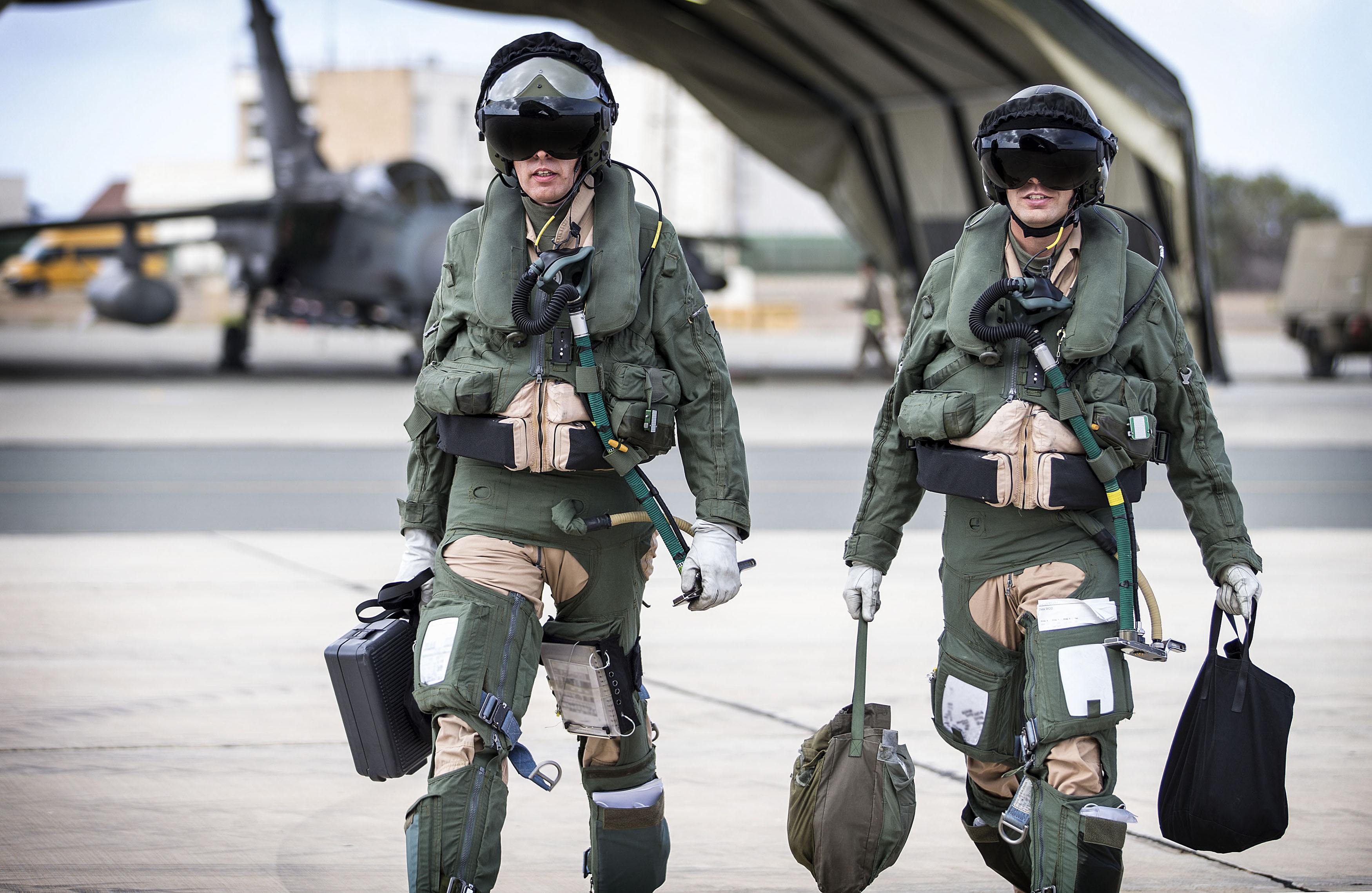The government on Wednesday said it was at its highest level of preparedness for evacuations from the region, as Britain announced 700 troops were being deployed to Cyprus to help UK nationals leave Lebanon.
Foreign minister spokesperson Theodoros Gotsis told the Cyprus Mail the government’s readiness to deal with evacuations is at its highest level, though there have been no requests so far.
President Nikos Christodoulides who is in New York for the UN General Assembly, also changed his schedule to meet with Lebanon’s Prime Minister Najib Mikati.
Sources close to the matter said Mikati was not going to attend the General Assembly however “due to crucial developments” decided to carry out a series of contacts, and requested a meeting with Christodoulides.
In a statement late on Tuesday, the British government said 700 troops would travel to Cyprus, bolstering its presence in the area where it already has two Royal Navy ships, aircraft and transport helicopters.
“Events in the past hours and days have demonstrated how volatile this situation is, which is why our message is clear, British nationals should leave now,” said Defence Secretary John Healey.
The death toll in the region continues to climb amid an onslaught of violence between Israel and Hezbollah, and Israel with Gaza.
At the same time, Cyprus is also gearing up to deal with a possible influx of migrants who may be fleeing Lebanon.
“If there are people in need and in danger, we will not close the door to them, we never have,” Deputy Minister for Migration Nicholas Ioannides said on AlphaNews.
Asked if the government would engage in pushback policy which it has been accused of in the past, Ioannides refuted this and denied Cyprus has ever carried out pushbacks.
He specified the patrols in Cyprus’ waters are still ongoing but they aim “to prevent smugglers from taking advantage of people”.
Any individual in need of international protection will be admitted to Pournara reception facility and their application processed, Ioannou said.
UK’s Prime Minister Keir Starmer warned that the escalation in fighting between Israel and Hezbollah was pushing the region towards the brink.
Fierce fighting this week between Israel and the Iran-backed Lebanese Hezbollah has increased fears that nearly a year of conflict will explode and destabilise the Middle East, where a war between Hamas and Israel is already raging in Gaza.
Starmer said he was very concerned that the region was spiralling out of control.
Gotsis underlined this situation is different from the 2006 war in Lebanon, which caught everyone by surprise.
There are still flights from Beirut which individuals can use to leave Lebanon. Evacuations will be activated should any other corridors no longer be available, Gotsis underlined.
It is understood that many of those who would have left the region have long left as the situation has been unstable for a year now, though it has escalated in Lebanon in the past few weeks.
Cyprus in August announced its Estia scheme which deals with evacuations was activated. Authorities have since been ready to aid with any evacuations from the Middle East and assist with repatriating foreign nationals through Cyprus.
Under the Estia plan, any evacuated individuals will be in Cyprus for 24 to 48 hours before they are repatriated to their home country.
Last month, sources confirmed to the Cyprus Mail that over 100 British medical personnel were deployed to the British bases in Cyprus as the UK prepares for possible evacuations from Lebanon.
Senior NHS staff had been seconded to the Akrotiri bases as the UK was on high alert over the situation in the Middle East.






Click here to change your cookie preferences